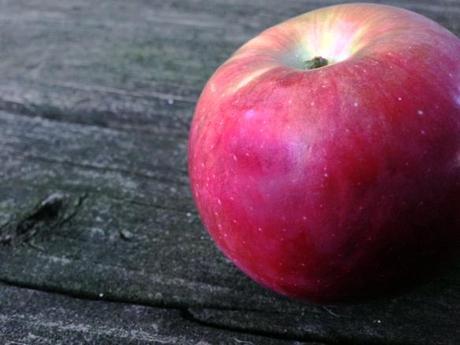 When researching for my series on the "personality" of Boston Beer Company, there were many little facts or insights that I decided to leave out, mostly for the sake of post length or flow of the text.
When researching for my series on the "personality" of Boston Beer Company, there were many little facts or insights that I decided to leave out, mostly for the sake of post length or flow of the text.
There was one nugget I really wanted to include, but decided not to because it simply didn't seem to fit perfectly in any of the posts.
In my piece about Boston Beer's innovation practices, I briefly noted the massive growth of hard cider brand Angry Orchard:
Boston Beer launched Angry Orchard hard cider in spring 2012, which became the county's most popular hard cider brand in 2013 with nearly 40 percent market share. By 2015, Angry Orchard is expected to take up 20 percent of Boston Beer's total sales volume.
Why is this important? Because one of the savviest things Boston Beer has done for its Sam Adams beer brands is take a long-term approach to production costs.
You may have heard about the coming hop apocalypse and what may be a lack of lupulin for breweries. Lucky for Boston Beer, they have long-term contracts with maltsters for their barley and hop producers for the wide collection of hops they use in their matrix of beers.
Up until now, they never took that approach with their need for apples for Angry Orchard, but it seems like its wild popularity has forced their hand.
In late August, it was reported that Boston Beer is getting into the apple business, with plans to purchase Crist Brothers Orchards in Walden, NY, about 70 miles north of New York City. The goal is to turn the farm into the head " research and development center " for Angry Orchard and house a 15,000 square feet building to experiment with different types of apples and processes to produce new ciders.
What might this mean? Well, for a company that (perhaps) famously produces more than 60 beer brands under Sam Adams, we may be seeing the start of the same for Angry Orchard, which already has six year-round or seasonal varieties, as well as their " Cider House Collection " of experimental creations.
In the first half of 2014 alone, cider dollar sales grew almost 70 percent. That figure is most certainly boosted by the success of Angry Orchard's Crisp Apple cider, for which dollar sales were up 157 percent in just the first quarter of 2014.
Even more stunning: when segmented with all beer and cider offerings, Crisp Apple is already ranked as a top-30 brand in U.S. grocery outlets.
So you can see why Boston Beer might have interest in diversifying their cider brand even further.
I'd say this is a twist of luck that only a large company like Boston Beer can pull off, but lots of beer businesses are getting into cider. Cisco Brewers announced a cider in March, Country Boy Brewing has the first Kentucky-made cider by a microbrewery, Cigar City has started a new arm of their business for cider and mead and, of course, Boston Beer's brewing neighbor, Harpoon, has both a regular and pumpkin cider.
The key for Boston Beer, though, is variety. Their new farm currently grows 19 types of apples, including Red Delicious, Empire, Honeycrisp, Rome, Gala and more. By mixing and matching the fruits, they'll (presumably) be able to put research and development staff into overdrive to get creative with new brand varieties.
One thing that we haven't seen much of from mass market ciders? Seasonal or variety pack options, which just so happen to be two of Sam Adams' biggest sellers. Angry Orchard is already offering both, but not nearly to the extent of what they've been able to accomplish with Sam Adams. This seems important as Millennials - a big demographic for cider consumption - love variety.
Throw in the fact that cider consumers are evenly split among genders - despite what stereotypes might tell you about it being a "girly" drink - and Boston Beer has an opportunity ripe for the picking.
+Bryan Roth
"Don't drink to get drunk. Drink to enjoy life." - Jack Kerouac

